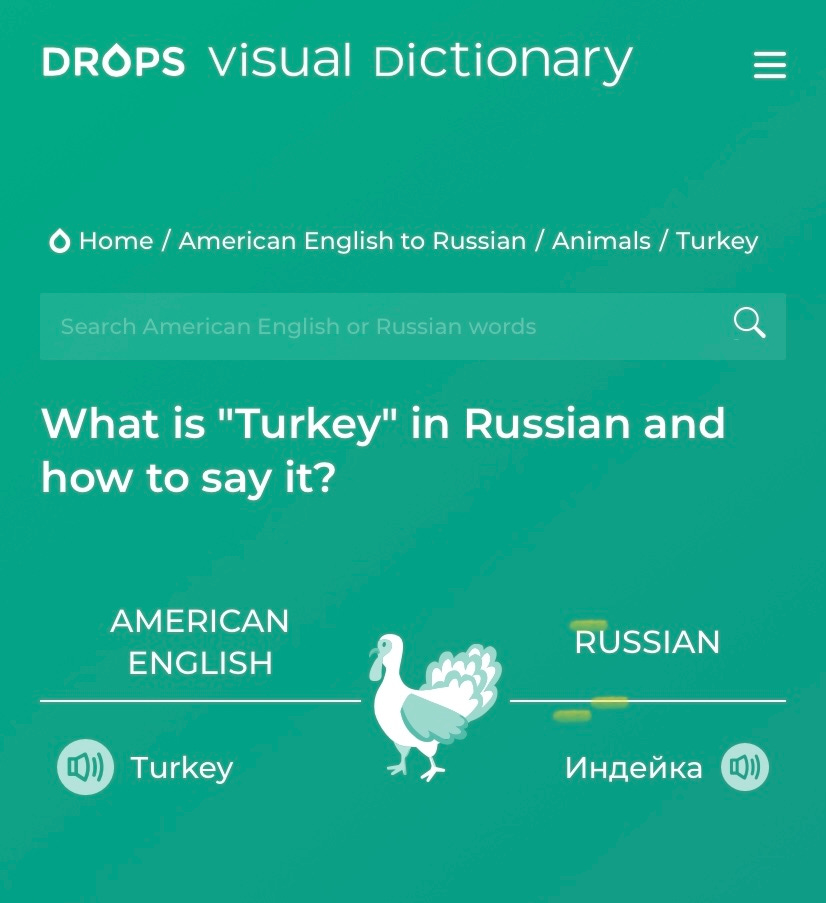Wishing you all a very Happy Thanksgiving. Among many other things, I’m truly grateful for your presence here in Story Club, and the nearly one year (as of my birthday, December 2), we’ve spent together.
Let’s talk about translation a little…
….cued by this excellent question:
Q.
I have a question about the translated text. I've printed out the open source Litvinoff translation you provided; I also own the SELECTED STORIES volume translated by Richard Pevear and Larissa Volokhonsky, which I got a while back since it's been regarded by many as the best English version. I'm wondering which one you prefer? The essential story elements are the same for sure--all the stuff we'll be focusing on and discussing next week. But if you had a choice between these two, maybe you'd pick one over the other....or no? Both equally good? This issue for translation, especially with the 19th century Russians, is a live one, I think. I haven't heard you (or I may have missed) chime in on this, and if you have a preferred translator.
A.
Yes, this is a great question (and for those of you who haven’t made the jump to being a paid subscriber, the questioner is referring to our ongoing Sunday discussions of Chekhov’s “The Lady with the Dog”).
This is a question I got asked often when I was doing my (virtual) tour for A Swim in a Pond in the Rain.
Basically – I have no system.
My approach, for all those years I was teaching the Russian stories in translation at Syracuse, was not to sweat too much over which translation to use, especially since, not being a reader of Russian, I had no real basis for preferring one over another.
I always felt like we could do useful work with even a crummy translation, since our work (there and here) is about the form of the story itself. We could have a meaningful reading experience even with a less-than-wonderful translation, and, since we are mostly talking about that experience – about how a story makes its meaning - all is well.
In this case, the permissions process to get the Yarmolinsky translation (I used his versions of the three Chekhov stories in the book) was long and costly, and when I read the Litvinov translation, which was available for free online, it seemed wonderful – it felt like the same story I’d been teaching all those years.
So, I guess my theory is that, within a certain range of quality – and I assume most published versions are within that range – it doesn’t matter much, for our purposes.
Over the years, I accrued a set of texts and….just kept using them, adding to my notes on them every semester – which, in turn, made me less inclined to replace that translation with another. In a sense, I got pretty good at teaching those specific translations, and so just stuck with them.

&&&
I’ve often heard it said, by Russian speakers, that Chekhov tolerates translation well, along with Tolstoy, because (as I understand it) the language is relatively plain and simple – unlike, say, Gogol, with whom much gets lost in translation. He’s a punning, funny, language-rich writer - more of a high-wire stylist than Chekhov.
I’ve also heard that Chekhov reads differently in Russian –as I understand it, there’s a little more edge to him, the reader feels him being a little more sarcastic toward his characters, whereas, in English, he gets infused with a sort of gentle, saintly quality.
Would love to hear from any of our Clubbers who read Russian, on these questions, and on the question of how this Litvinov translation differs from others, especially the Yarmolinksy and the (very critically acclaimed and popular) Pevear and Volokohnsky version?
It also might be interesting to hear from those of you who read in, and perhaps translate from, other languages. I’ve always felt that there was a keen relation between “translating” and “being a stylist” since, essentially, when we are writing, we are “translating” some mental image into language - an image that could be expressed in an infinite number of ways.
And if that’s not “translating,” what is?
For those of you who are new here, we had a wonderful discussion of these things in connection with Isaac Babel’s “My First Goose,” led by Boris Dralyuk, who translated the wonderful version we used back then.





Friendly former Russian Studies major (some decades ago) and diplomat with three years at the US Embassy in Moscow here. I'm no Boris Dralyuk, but can speak to the difference for me personally between reading Russian stories in the original and reading them in translation.
First: One can absolutely both enjoy and learn things about writing, human nature, Russia, and Russian culture from reading any decently translated Russian story. Any solid translation will give you the significant aspects of the story that tap into our common humanity, and insight into how good short stories in the Western tradition work.
From my perspective, here are three of the things that can be (but perhaps are not always) lost when reading any translation from Russian to English.
The first, as George mentions, is some degree of tone—the writer's attitude both toward the subject, and toward the story's theoretical audience. Chekhov was not writing for you and me: we bring our own baggage to our reading, and whatever our baggage might be, it is not that of the Russian intelligentsia of the late nineteenth and early twentieth centuries. I think he might be amazed at our discussions of his work, his stories' staying power, and the reverence we have for so much of his work. Tone is present in the language of the story, both in syntax and word choice. Because Russian doesn't work the way English works, and because many Russian words aren't one-for-one cognates with English words, some of the tone slips away, (Further to this: it's correct that Chekhov and Tolstoy are written more simply than Dostoyevsky, Gogol', and especially contemporary Russian writers; less tone is lost.)
Second is nuance. English has about 171,500 words, give or take a few hundred. Standard Russian has about 150,000. An educated person has a working vocabulary of maybe 10,000, give or take a couple of thousand. Pushkin used about 21,000 in his writing! A single Russian word might have multiple possible translations in English: there's not always a one-for-one correlation. Sometimes a single Russian word is like a large vessel holding several possible meanings that engage with each other, and that's part of the pleasure of reading it well. But the translator has to choose a replacement word in English, and in choosing exercises both personal preference for a particular English word and personal understanding of the context in which the word is found. To my mind, when the English is more precise than the Russian, the text is somehow flattened. Non-native speakers of Russian also miss some of this sense of nuance, even when reading a story in the original.
And third, for me, are the aspects of language that enhance the story being told: syntax, word construction and word choice, the rhythms of the words themselves, and (related to nuance, above) their linguistic and cultural connotations. Russian has a base of about 40,000 root words [trauma flashback here to stacks and stacks of 3X5 index cards!] , and they're used at different frequencies than root words making up English. Russian often also borrows words from different languages than English does. I think I'd rather beat myself to death with a dull rock than try to reproduce the magic of Pushkin's or Akhmatova's poetry in English. It could lead me only to despair! Those aspects of language may not be critical to the reader of a short story who's dissecting it in the way George does in A Swim in a Pond in the Rain, but a poet or someone who has a love affair with the music of language will not have the same experience reading a Russian story in translation as in the original.
So: To me, the translation does matter; but I also come at it as a non-native speaker with a moderate "working proficiency" in Russian, and know that I don't bring any particular expertise to the experience of reading a Russian story in the original—my undergrad GPA is proof that I...didn't have any special insight into Russian literature! ;)
Hope that's helpful.
Happy Thanksgiving, Story Club! I am home with a sick kiddo and may be getting the sickness myself, so a very uneventful Thanksgiving in these parts this year.
Strangely enough, I found this page out of Dmitri Gurov's wife's diary. I think it holds up well in translation.
Dear Diary,
I have received a letter from Dmitri — he will be returning from Yalta post haste. :(
The children and I have enjoyed our respite from his inane musings while he has been gone. I have warned them that if they snicker or make japes at their father when he invariably starts a sentence with “As a philologist would say…” or “When I was training for the opera…” they will be required to stay home and have extra lessons instead of promenading at the park as they wish.
I shall meet Alexandr tonight, and we will continue our fascinating discussion about language reform and the subtleties of writing poems without using the hard sign. Then, as we are wont to do, we shall make deep and passionate love while staring intensely into each other's eyes — a far cry from Dmitri’s feeble and frantic thrusting.
Oh! And I almost forgot — I have taken note of Dmitri’s irritation at being called Dimitri. I believe I shall only call him Dimitri from now on, and perhaps that will hasten his departure. Having him home is an intolerably irksome situation.